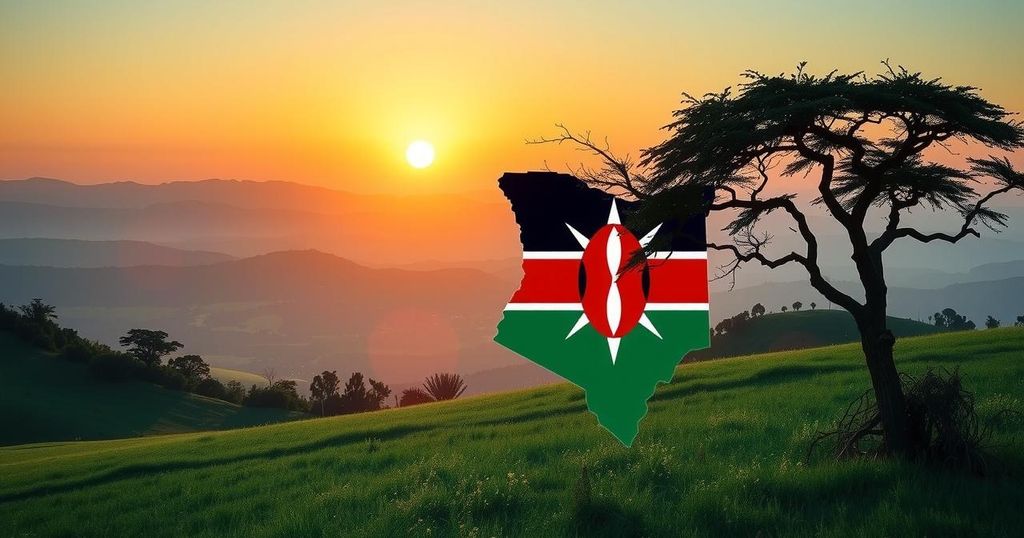The High Court of Garissa in Kenya affirmed the citizenship rights of ethnic Kenyan Somali nationals, ruling against the government’s refusal to provide identification documents. The court ordered the removal of their names from refugee databases and directed the establishment of vetting committees. NGOs and human rights organizations hailed the decision while urging the government to take meaningful steps toward addressing the plight of stateless individuals.
The High Court of Garissa in Kenya has ruled that the government’s refusal to issue identification documents to ethnic Kenyan Somali nationals is unconstitutional and infringes upon their rights. The ruling mandates the removal of the names of affected individuals from the refugee databases within 60 days. Additionally, the court has instructed the government to form vetting committees to assist in declaring individuals labeled as “double-registered” as citizens.
In the wake of this ruling, the Kenyan NGO Haki-na-Sheria commented positively, stating the need for further actions to support impacted individuals. Executive Director Yussuf Bashir emphasized that the court’s decision underscores the rights of thousands of Kenyans wrongfully denied citizenship and called for meaningful remedial measures.
According to Human Rights Watch, tens of thousands of ethnic Kenyan Somali nationals have been incorrectly registered as refugees, rendering them stateless. Such status has deprived them of various legal rights, including the ability to open bank accounts, obtain drivers’ licenses, pursue education, and access government resources.
The challenges trace back to the 1992 drought, which led to significant relocations of Somali people to refugee camps in Kenya. Many families registered children as refugees to secure aid. The merger of UNHCR’s biometric records with the national database has compounded issues for approximately 40,000 Kenyan Somalis now unable to obtain national ID cards.
The High Court’s ruling represents a significant step towards recognizing the citizenship rights of ethnic Kenyan Somali nationals who have faced systemic injustice. The government is now obliged to take definitive actions to alleviate the plight of these individuals, providing them access to citizenship and the accompanying rights. Continued advocacy and monitoring by organizations like Haki-na-Sheria and Human Rights Watch will be crucial in ensuring the implementation of these directives.
Original Source: www.jurist.org






